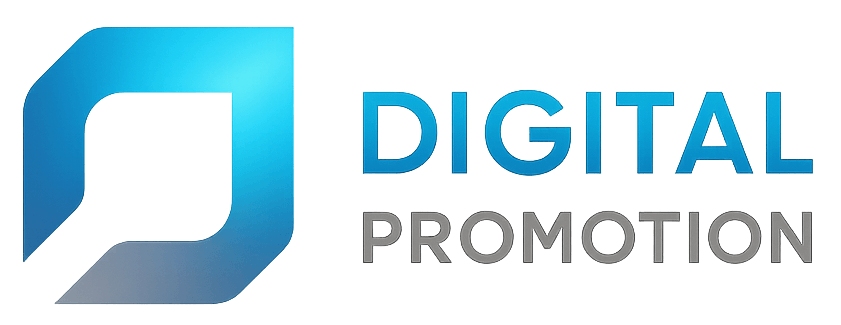Digital literacy is the ability to effectively and critically navigate, evaluate, and create information using a range of digital technologies. It encompasses the skills required to use digital devices, software, and online platforms to communicate, access information, and solve problems. In today’s increasingly digital world, digital literacy is essential for both personal and professional success.
Individuals with strong digital literacy can adapt to new technologies, analyze digital content, and leverage online tools to enhance productivity and innovation. This competency goes beyond basic computer skills, encompassing a deep understanding of digital platforms, cybersecurity principles, and ethical practices. Digital literacy empowers users to make informed decisions and engage confidently in digital environments.
For organizations, fostering digital literacy is critical to ensuring that employees can effectively contribute to digital transformation initiatives. It supports a culture of continuous learning and innovation, enabling teams to leverage new technologies for competitive advantage. Ultimately, digital literacy is a foundational skill set that underpins modern work environments and drives success in an interconnected, technology-driven world.
👉 See the definition in Polish: Digital Literacy: Kompetencje cyfrowe

